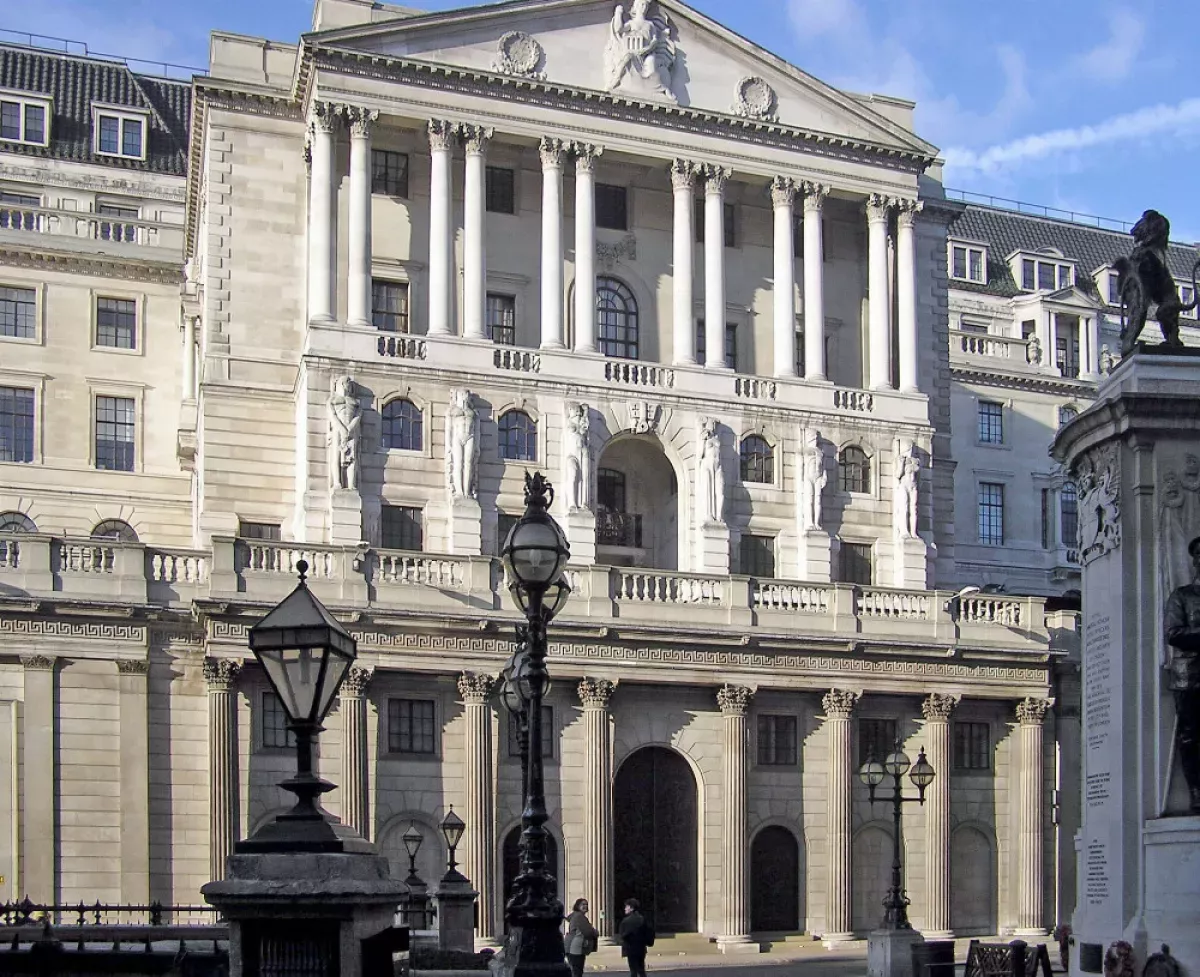A bank is a financial intermediary that accepts deposits from the public, creating demand deposits, and provides loans. Banks directly engage in lending activities and can also participate indirectly through capital markets. They play a critical role in the economy by facilitating the flow of money between savers and borrowers.
1979: Establishment of the FFIEC
In 1979, the Federal Financial Institutions Examination Council (FFIEC) was established as a formal inter-agency body.
1985: Bank Mergers and Acquisitions
Between 1985 and 2018, banks engaged in around 28,798 mergers or acquisitions.
1999: Wave of Bank Mergers and Acquisitions
In 1999, there was a major wave of bank mergers and acquisitions, peaking at around 460 bil. USD.
2007: Peak in Bank Mergers and Acquisitions Value
In 2007, there was a major wave of bank mergers and acquisitions, peaking at around 460 bil. USD.
2008: Regulators Force Banks to Issue Contingent Convertible Bonds
After the 2008 financial crisis, regulators required banks to issue Contingent convertible bonds (CoCos), hybrid capital securities that absorb losses when a bank's capital falls below a certain level, reducing debt and boosting bank capitalization.
2008: Brokered Deposits and Bank Failures
In 2008, banks that failed in the United States during the financial crisis had, on average, four times more brokered deposits as a percent of their deposits than the average bank.
2008: Assets of Largest Banks Grow
In 2008, the assets of the largest 1,000 banks in the world grew during the financial year. EU banks held the largest share of the total, at 56%.
2008: Financial Crisis and Bank Failures
In 2008, the financial crisis caused bank failures, including some of the world's largest banks, leading to debates about bank regulation.
November 2009: China's Top Banks Branch Count
As of November 2009, China's top four banks had over 67,000 branches.
2009: Assets of Largest Banks Grow While Profits Decline
In 2009, the assets of the largest 1,000 banks in the world grew while profits declined. Fee revenue generated by global investment in banking totaled US$66.3 billion.
2015: US Banks in 2015
As of 2015, The United States had the most banks in the world in terms of institutions (5,330) and branches (81,607).
2018: Decline in Bank Mergers and Acquisitions
From 2007 until 2018, there was a steep decline of −82% in bank mergers and acquisitions.
2021: Citigroup Initiates Exit From Retail Banking
In 2021, Citigroup initiated an exit from retail banking outside of its core U.S. market.
2022: HSBC Initiates Exit From US Retail Market
In 2022, HSBC initiated an exit from the U.S. retail market (except for its wealth management business).
March 2023: Global Banking Crisis
In March 2023, a global banking crisis occurred, with liquidity shortages and bank insolvencies leading to three bank failures in the United States. Within two weeks, several of the world's largest banks failed or were shut down by regulators.
2023: HSBC Reviews Retail Operations
In 2023, HSBC put its retail operations in a dozen other countries under review for sale or closure.
Mentioned in this timeline
Germany officially the Federal Republic of Germany is a nation...
China officially the People's Republic of China is an East...
France officially the French Republic is primarily located in Western...
Italy officially the Italian Republic is a country in Southern...
Trending

45 minutes ago Mark McMorris Seeks Fourth Olympic Medal in 2026 Snowboard Slopestyle Final.

2 hours ago Nancy Guthrie Case: DNA Evidence Inconclusive, Investigators Use Genealogy and Polygraphs

2 hours ago Strickland vs. Hernandez clash at UFC Houston: Preview and Hernandez's strong response.
2 hours ago BYU faces Arizona Wildcats in a college basketball showdown; Saunders absence impact.

3 hours ago Gordon Ramsay's New Netflix Series, Childhood, and Restaurant Ventures Explored.

4 months ago Sebastian Korda faces Lorenzo Sonego in the Paris Masters 2025 Round-of-64.
Popular

Jesse Jackson is an American civil rights activist politician and...
Randall Adam Fine is an American politician a Republican who...

Pam Bondi is an American attorney lobbyist and politician currently...

Barack Obama the th U S President - was the...

Martin Luther King Jr was a pivotal leader in the...

Ken Paxton is an American politician and lawyer serving as...
